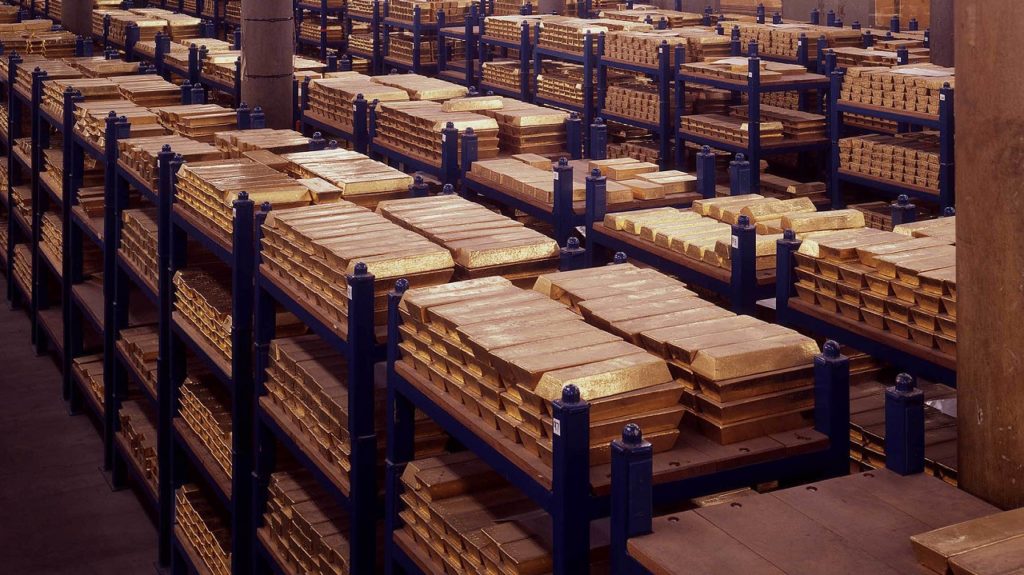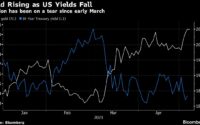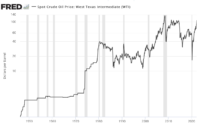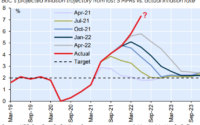Central Banks Added Nearly 84 Tons of Gold to Reserves in Q1

Despite a number of big sales, global central bank gold demand remained brisk as net holdings increased by 83.8 tons in the first quarter of 2022.
That more than doubled the 41.2-ton expansion of central bank gold reserves in the last quarter of 2021 but was 29% lower than the first quarter of last year.
The World Gold Council called central bank gold demand “somewhat muted, but nonetheless positive” in a “turbulent quarter marked by geopolitical crises and surging inflation.”
Egypt was the biggest buyer of gold in Q1, adding 44 tons to its reserves in February. Egypt has been adding gold to its stores from a domestic mine, but the WGC said evidence indicates not all of that 44 tons came from domestic sources.
Turkey was another big buyer last quarter, adding 37 tons of gold to its holdings. Turkey now owns over 430 tons of gold, accounting for 28% of its reserve assets.
India added another six tons to its holdings in Q1. Since resuming buying in late 2017, the Reserve Bank of India has purchased over 20o tons of gold. In August 2020, there were reports that the RBI was considering significantly raising its gold reserves. Former RBI Deputy Governor R Gandhi noted that the central bank’s gold holdings have been inching up over the last five years.
In 1991, gold gave real support to the economy and it is an important element of the country’s reserves.”
Ireland was another notable gold buyer during Q1. The European nation added an additional 2 tons of gold on top of the nearly 4 tons it bought in the second half of last year. Irish central bank officials wouldn’t comment on the gold purchases, saying only that gold transactions “are commercially sensitive and no further comment can be made at this time.” But speculation is that the Central Bank of Ireland is upping its gold reserves due to inflation worries. Gabriel Makhlouf serves as the bank’s governor. Last month, he said he was “worried” about rising inflation.
I am very, very conscious that inflation today is impacting on households across the country. It’s not so much a question of how long will this go on before I start to worry. It’s more that if I see evidence that the blockages are not being fixed, or that different things aren’t happening, then I will start to worry. But I am worried today.”
In March, Ecuador announced that it had added almost 3 tons of gold to its reserves, sourcing the metal from small, local producers.
Central Bank of Ghana Director Dr. Ernest Addison said his country has purchased 600kg of gold from a Domestic Purchase Program launched in June 2021. He said the country plans to increase its gold reserves from 9 tons to roughly 17 tons by 2026.
Russia also resumed buying gold in the wake of sanctions levied against the country in response to its invasion of Ukraine. The Central Bank of Russia ended its gold purchase program with the onset of the pandemic. Russia holds the fifth-largest gold reserves in the world.
The majority of the sales in Q1 came from the gold-producing nations of Uzbekistan and Kazakhstan, as they took advantage of rising gold prices. Kazakhstan was the largest seller during the quarter, decreasing its gold reserves by 34 tons. According to the WGC, “The central bank has traditionally bought from domestic sources, and it is not uncommon for those counties that buy locally-produced gold to swing between buying and selling.”
Uzbekistan reduced its gold reserves by 25 tons. Active management of its gold reserves means changes are common. Even after its Q1 sale, gold reserves still account for 60% of Uzbek’s total reserves.
Poland sold just over 2 tons during the quarter. This was almost certainly done for technical reserve management reasons and is probably an anomaly. In early October of last year, Poland’s central bank governor Adam Glapinski announced plans to buy an additional 100 tons of gold in 2022. In a nutshell, Glapiński said it is a matter of financial security and stability.
Gold will retain its value even when someone cuts off the power to the global financial system, destroying traditional assets based on electronic accounting records. Of course, we do not assume that this will happen. But as the saying goes – forewarned is always insured. And the central bank is required to be prepared for even the most unfavorable circumstances. That is why we see a special place for gold in our foreign exchange management process.”
Looking ahead, the World Gold Council expects central banks to remain net purchasers of gold in 2022, saying “gold might attract further interest as a diversifier as central banks seek to reduce exposure to risk amid heightened uncertainty.”
But the WGC cautioned that slower economic growth and rising inflation may restrain central bank gold demand in the short term.
Central banks added 463 tons of gold to global reserves in 2021. That was 82% higher than 2020.
Last year was the 12th consecutive year of net purchases. Over that time, central banks have bought a net total of 5,692 tons of gold.
After record years in 2018 and 2019, central bank gold-buying slowed in 2020 with net purchases totaling about 273 tons. The lower rate of purchases in 2020 was expected given the strength of central bank buying both in 2018 and 2019. The economic chaos caused by the coronavirus pandemic has also impacted the market.
Central bank demand came in at 650.3 tons in 2019. That was the second-highest level of annual purchases for 50 years, just slightly below the 2018 net purchases of 656.2 tons. According to the WGC, 2018 marked the highest level of annual net central bank gold purchases since the suspension of dollar convertibility into gold in 1971, and the second-highest annual total on record.

Call 1-888-GOLD-160 and speak with a Precious Metals Specialist today!
[ad_2]
Source link


